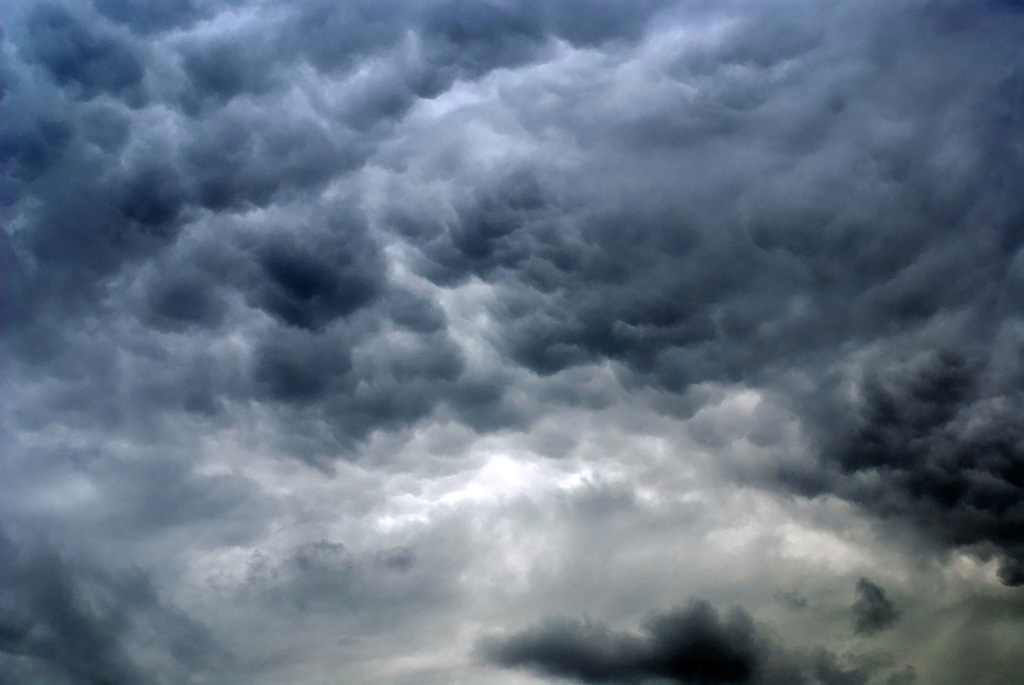In the wild I’ve only once seen a fox, never an owl, though a few small birds have fed
from my hands. There’s a scar in my palm, once the shape of a lotus, now just a pucker
that holds back worry. How does my body last so long? My child is four, soon eight, then
sixteen, and to keep on breathing seems impossible. I’ve seen my share of coyotes, dream
them silky and clean, though they smell like skunk, and the one I photographed had
sores in its fur and eyes gone sad, anger lost around the edges.
**
We are always making do in someone else’s home; it takes a year for the body to cease
trembling on rented floors. The new landlords show up once a week to cut grass, snoop
around, their boys opening our drawers, roaming our yard as if it’s theirs, breaking our
child’s small toys—boys taught their place so early, and we huddle inside in ours like
children ourselves. The rage is a torch I’m too tired to carry, but I do, though I hate the
light in my face.
**
Ordinary girls at a birthday party, we snatched butterflies when they lit on the azaleas,
collected them in mason jars, dipped cotton balls in ammonia, and pressed them into the
small dark faces to make them die. Thrilled, we wiped chalkiness from our hands. With
so little meat on bones and half-aware, our existence so concentrated it hurts to look
back on.
**
When I’m truly old, I will drink barrels of water, and my spine will be supple, my
footpads soft. I will be full of lettuce and nightshades, meanness settled in my belly.
I’ll gather complaints alongside berries in a bucket that I’ll ruin by stepping in, carry
apples found by reaching blueward, as if sweetness would solve us. When I’m truly
old, I’ll walk knowing the body is criminal and fragile—no union, just a shape both
clean and singular. Say liturgical and there’s a dying in my center. Take a breath and I’m
manhandled by miracles.
**
When I was a girl, my boyfriend’s father begged me to cut his fingernails. We were
alone on the front seat of a junker, the southern air sloppy and I wanted to run, but
was filled with wonder at a grown man’s sorrow, so giddy and oily. I knew there was
no way I was cutting away the stained moons, watching them fade into the floormats,
which was something I could imagine, something with rank undertones, but basic to
our nature. For a minute I stayed, noticed his eyelids dropping and his smile so small it
seemed hidden, boylike—though his sideburns were wiry like a man’s, and he smelled of
sweat and exhaustion. As I got out of the car, my fear was intoxicating, and in my anger,
something clean, both touchable and not.
(Spring 2013)


